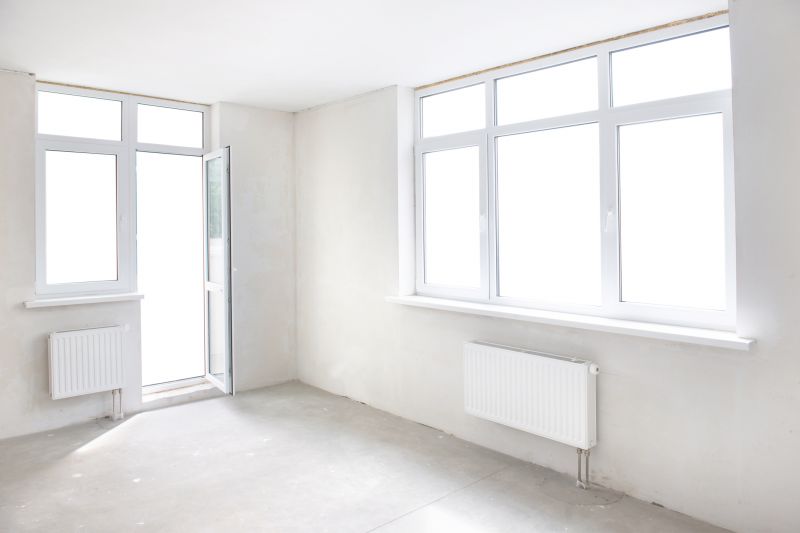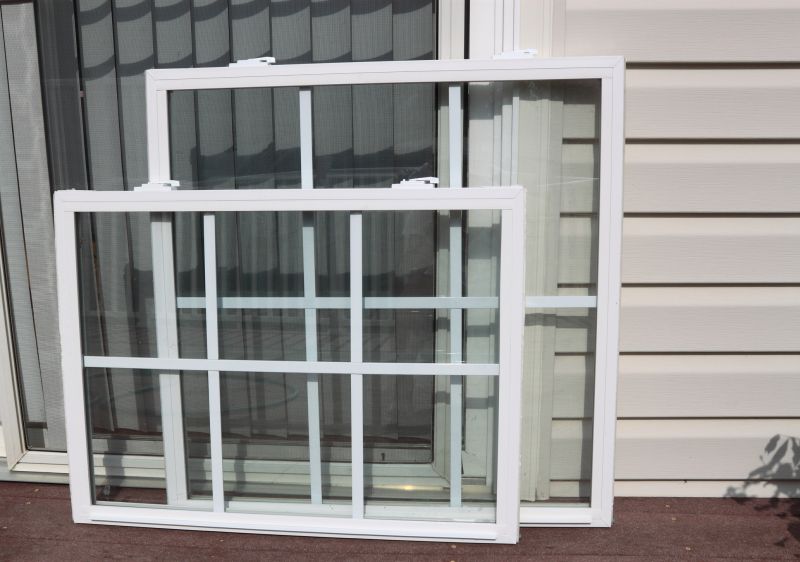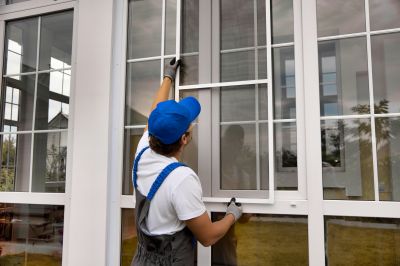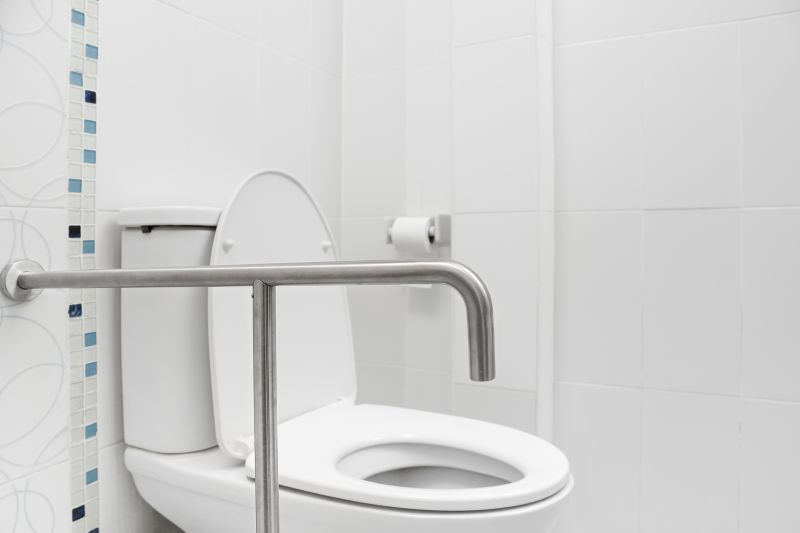Optimal Timing for Windows Installations
Windows installations are most effective when scheduled during periods of low system usage and minimal disruption. Typically, this includes times when business operations are less active or during scheduled maintenance windows. Proper timing ensures that the installation process does not interfere with daily workflows and allows for thorough testing and configuration.
Spring and fall are ideal seasons due to moderate weather conditions, reducing the risk of delays caused by extreme temperatures or weather events.
Weekdays, particularly mid-week days, are preferred as they allow for work during business hours and easier scheduling with IT personnel.
Early mornings or late afternoons are recommended to minimize impact on daily operations and maximize support availability.
Scheduling during periods of low activity provides ample time for pre-installation backups and post-installation testing.

Technicians prepare hardware and software environments for seamless Windows setup.

Optimal timing ensures minimal interruption during system updates and upgrades.

Thorough testing confirms system stability and performance after installation.

Ways to make Windows Installations work in tight or awkward layouts.

Popular materials for Windows Installations and why they hold up over time.

Simple add-ons that improve Windows Installations without blowing the budget.
| Timing Aspect | Details |
|---|---|
| Season | Spring and fall offer moderate weather for installations. |
| Weekday | Mid-week days facilitate scheduling and support. |
| Time of Day | Early mornings and late afternoons reduce operational impact. |
| Business Cycle | Align with slower periods to minimize disruptions. |
| Preparation Time | Allow sufficient lead time for planning and backups. |
| Post-Installation | Schedule testing during low activity periods. |
Windows installations are a critical component of maintaining up-to-date and secure systems. Proper timing helps ensure minimal disruption and maximizes the efficiency of the installation process. Advanced planning and understanding of business cycles contribute to smoother transitions and quicker deployment times.

Preparing hardware and software for installation.

Timing updates to avoid workflow interruptions.

Verifying system stability after installation.

Designated periods for system upgrades and maintenance.

High-end options that actually feel worth it for Windows Installations.

Finishes and colors that play nicely with Windows Installations.
Choosing the right time for Windows installations can significantly impact operational efficiency. It is important to consider factors such as weather, business activity, and technical support availability. Proper scheduling ensures that systems are updated with minimal downtime and maximum performance.

Upgrading hardware and software components.

Ensuring technical assistance is available during scheduled windows.

Educating users on new features and updates.

Preparing for potential issues during installation.

Little measurements that prevent headaches on Windows Installations day.

A 60-second routine that keeps Windows Installations looking new.

A frequent mistake in Windows Installations and how to dodge it.

Small tweaks to make Windows Installations safer and easier to use.
Interested in scheduling a Windows installation? Filling out the contact form provides an opportunity to plan effectively and ensure a smooth transition. Proper timing and preparation can lead to improved system performance and security.

